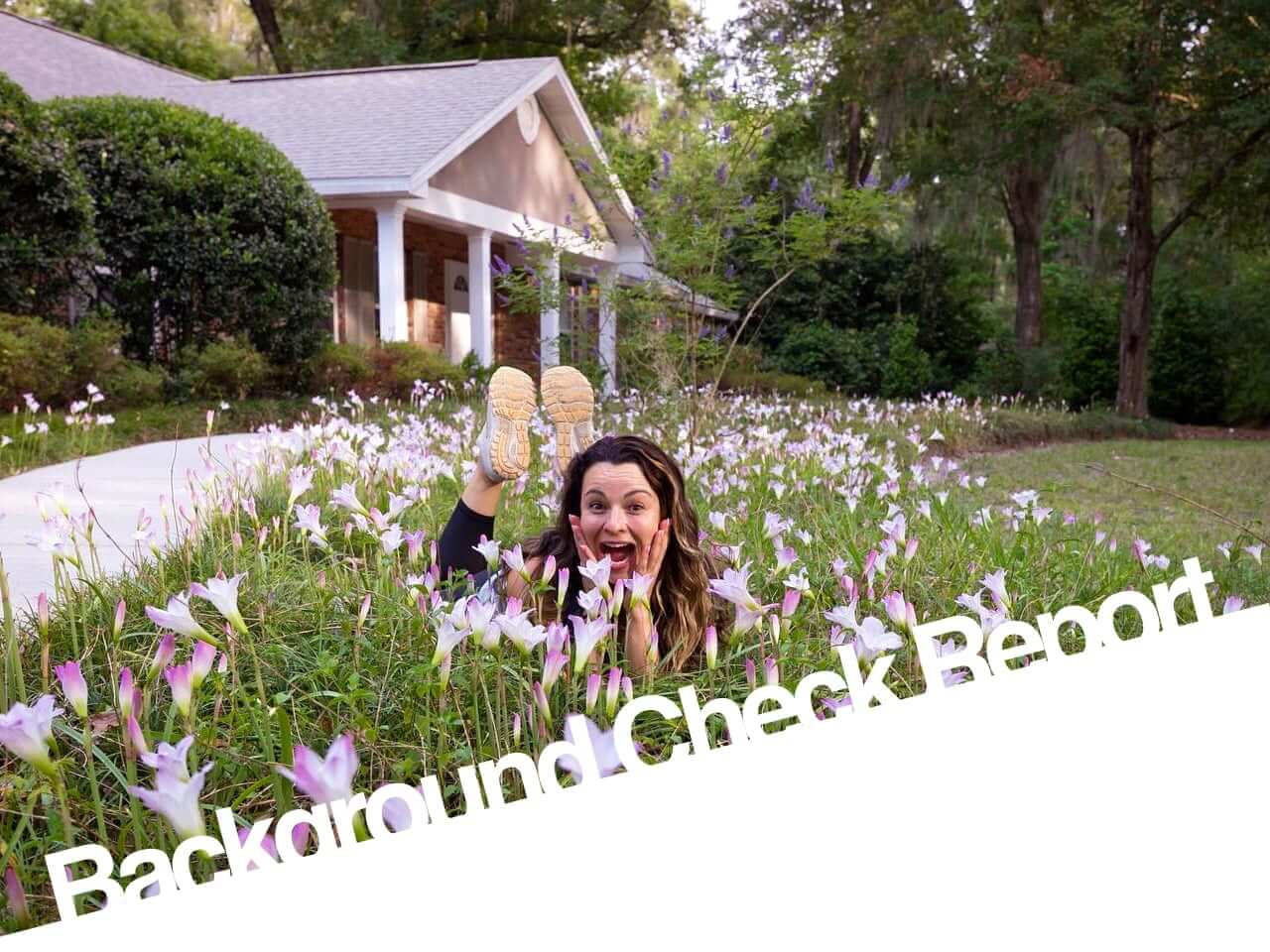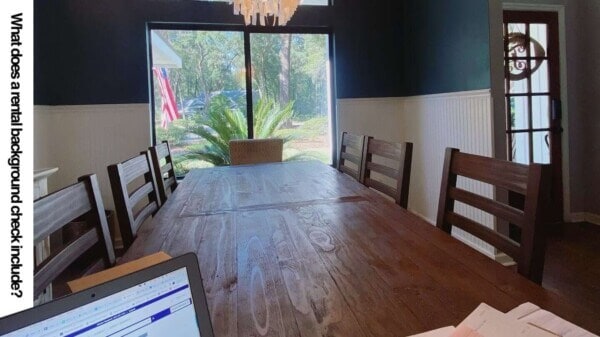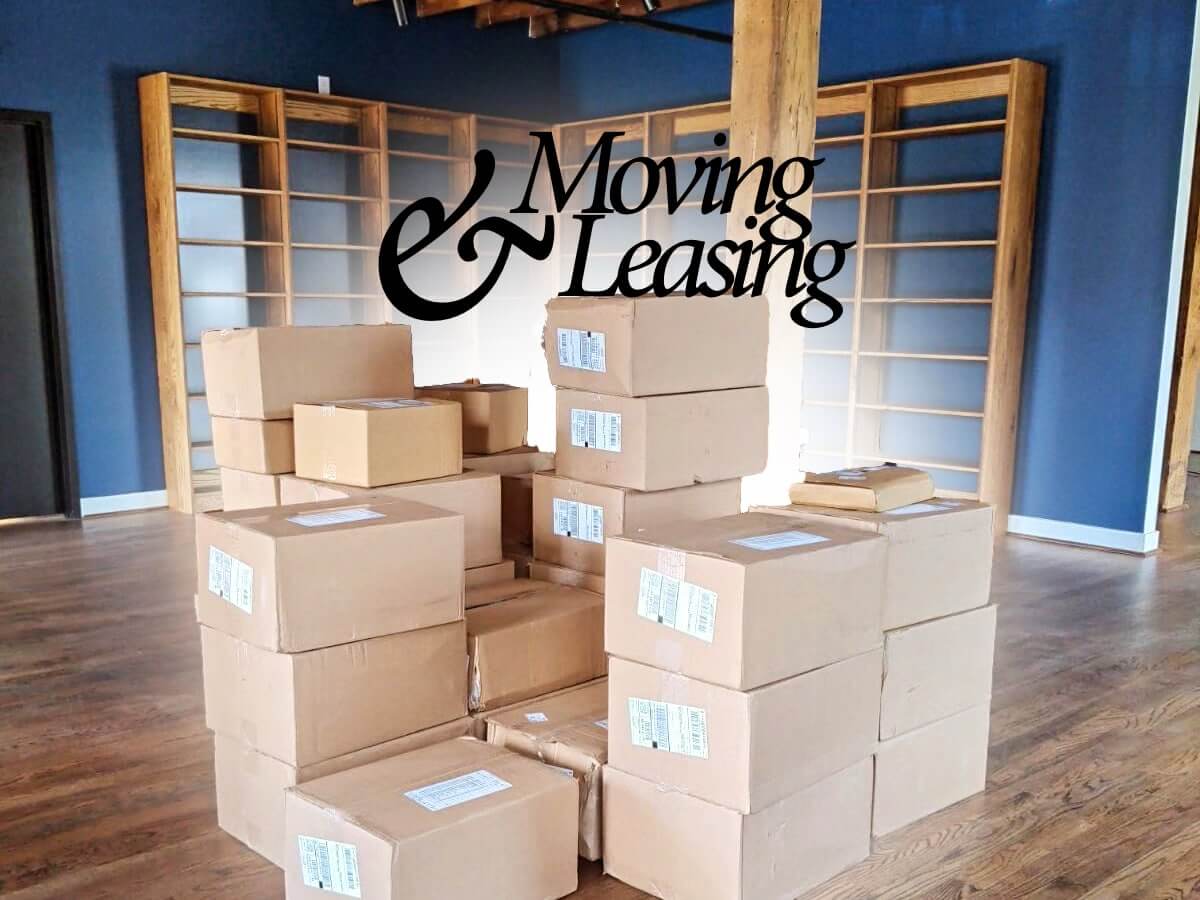All About Rental Background Checks for Tenants

Whether you’re looking to rent out your property or are searching for a property to rent, one of the essential steps for potential tenants is to undergo a rental background check. Many prospective renters lack knowledge about what a background check entails and often worry about the possibility of their application being turned down.
As this step is an integral part of the rental process, we will go through the key elements of rental background check reports.
What Is a Rental Background Check?
A rental background check is a thorough screening process commonly used during rental property applications. It contains not just your history with previous rentals but also additional information that landlords or property management companies consider when reviewing your application.
How Is My Background Check Conducted?
To obtain a background check report, an automated and secure system uses your Social Security number (SSN) to retrieve the rental applicant’s records. Whether you’re dealing with a licensed real estate agent, an experienced landlord, or a property management company, you’ll likely be asked to provide your SSN when you apply for a rental property.
This unique identifier is crucial because it allows the screener to pull a comprehensive applicant report. Unlike names, which can be shared by many individuals, a SSN is unique to each person and links to records at national, state, county, and local levels.
What a Rental Background Check Shows

A rental background check presents crucial information to the individual or company reviewing your application. To give you a clear picture, we will go into the specifics of what this background check reveals.
1. Employment History and Verification.
A rental background check will disclose both past and present employment details. It includes the places where you have worked, your job titles, and contact information for verification purposes. It also outlines your income levels and employment dates, including when you started and ended your working positions.
2. Credit Limits, Payment History, Past Due Payments, and Active Credit Balances.
The rental background check will reveal details about your credit, such as your current outstanding credit balances, your payment history over time, and your credit limits. This information provides the screener of your rental application with insights into your reliability as a borrower and your commitment to fulfilling financial obligations.
3. Previous Housing information.
A rental background check will include your prior housing information, which includes the duration of your tenancies, the rent amounts paid at each property, and the frequency of rental payments. This comprehensive look at your rental history helps landlords assess your reliability as a tenant.
4. Criminal history.
Any criminal offenses or convictions will be included in the criminal history section of your rental background check. This part is particularly important for landlords as it helps them verify that potential tenants have no history of fraudulent activities related to rental payments or other housing-related offenses.
5. Credit score overview.
Besides your credit limits and payment history, your overall credit score is typically displayed in a rental background check. It will also show any loans, whether settled or currently being repaid. While a poor credit history may not be as significant a concern as a negative saferent score, it is still a factor that landlords will take into account.
6. A saferent score.
The saferent score is a metric ranging from 200 to 800, designed to provide a screening party with an overall ‘rating’ of a prospective tenant’s viability based on their financial background and the rental price. Derived from data in the rental background check, a higher saferent score indicates a lower risk to the landlord and a greater likelihood that the tenant will consistently pay rent on time.
Additionally, this score assesses the applicant’s monthly income and calculates the portion of income that would be allocated towards rent.
7. Co-applicant’s information.
For many properties, it’s mandatory for every individual over the age of 18 who will reside in the unit to undergo a rental background check. Co-applicants must provide the same details as the primary applicant. Furthermore, if there is a guarantor involved in the leasing agreement, they too are subject to the same vetting process.
8. Eviction Records.
All rental background check reports will have an eviction history report. Any past evictions will be listed, providing landlords with insight into your tenancy track record. A recent eviction can significantly diminish your prospects of securing a rental, as it may raise concerns about your reliability as a tenant.
How to Do a Background Check
There are numerous online platforms available for conducting rental background checks reports. To properly screen potential tenants, you can start by searching for “rental background check services.” Select a service that covers the key areas discussed earlier to ensure you gather comprehensive data on each applicant.
The amount of information provided by these rental background services can vary; some offer basic checks, while others provide more detailed reports. While many services will present the same foundational important information for rental applications, such as credit and eviction history, employment verification, and criminal records, some may provide additional details.
Faqs
- Who pays for a rental background check report? Prospective tenants pay for a rental background check report. It is uncommon for landlords or property management companies to cover this cost. Remember that the payment is required for each applicant undergoing a background check, which includes the main tenant, any co-tenants, and a guarantor, if applicable; it is not a collective fee.
- Why do tenants pay multiple times for a rental background check report? Tenants often need to pay for separate rental background checks for each rental application because each property manager or landlord typically requires a fresh, direct report from their trusted screening service to ensure accuracy and the most up-to-date information. This process is also a safeguard against any potential tampering or fraudulent activity with the background check documents.
- Can I provide my own rental background check report? No. While you may be willing to obtain and pay for your background check, landlords, real estate agents, or property management companies generally require a background check that they initiate themselves. This policy is in place to ensure the integrity of the information and to prevent any potential tampering with the report.
- Who is Authorized to Request a Rental Background Check? Rental background checks can be requested by licensed property management companies, real estate agents, or landlords, provided they use a secure platform to collect your information. This ensures that the process adheres to privacy laws and the security of personal data.
- Can a landlord ask for my Social Security number for a rental background check? Landlords should not directly ask for your Social Security number. Instead, they will guide you to a secure online system where you can safely input your personal information, including your Social Security number, to initiate the background check. This process is designed to protect your full Social Security number; the landlord will only receive a report with the last four digits visible, ensuring your privacy is maintained.
- Can a landlord reject my application based on my rental background check results? Yes, a landlord can legally decline your rental application if the rental background check reveals factors that do not meet their rental criteria. Also, landlords aren’t required to disclose the reasons why they didn’t accept your application. According to singlekey.com, nowadays, it’s becoming more common for prospective tenants to ask their real estate agent to inquire about the landlord’s must-have requirements before paying for and submitting a rental background check report.
- How long does a background check for rental properties take? Background check reports are typically generated quickly due to their automated nature, often taking just seconds for the necessary data to be compiled. Nonetheless, it’s common for there to be a waiting period of 2 to 5 business days before applicants receive their report. This timeframe can be standard procedure, as some background check companies offer the option to pay extra for an expedited “rush” service, even though the report may already be complete.
- Is the rental background check fee refundable? No. The fee for the background check is non-refundable. Once you’ve paid for it and the process has begun, you won’t get that money back even if you don’t move into the property.
Conclusion
The request for a background check might initially make you feel uncomfortable, as if every aspect of your past will be scrutinized. But remember, landlords and realtors are usually interested in specific things: that your bills are paid on time and that your rental history is free of evictions.
They’re not looking into every little detail, like how you financed a car, but whether you’re a responsible payer. The process isn’t meant to be intimidating; it’s just a way to verify that you have a solid track record. So don’t worry too much; just focus on maintaining a clean record.



